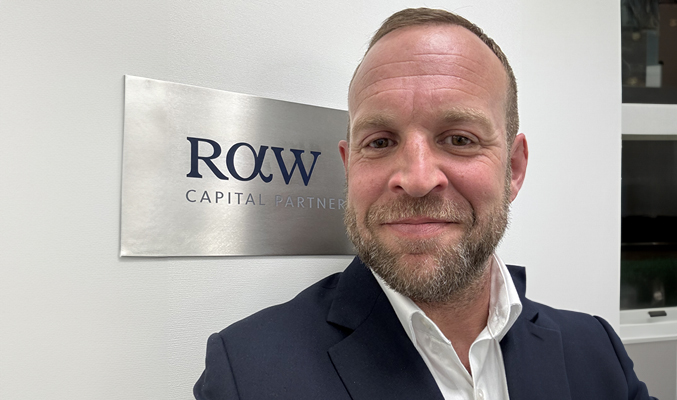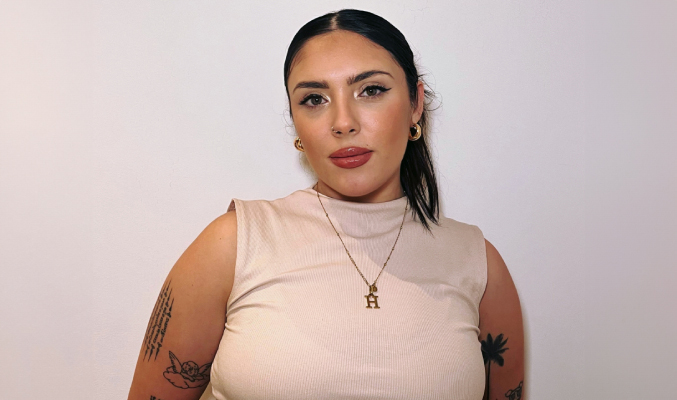Women in Finance: Interview with Hannah Scheuber, Senior Underwriter, Alternative Bridging Corporation
By Tony Sanchez
Hannah Scheuber has been a Senior Underwriter at Alternative Bridging for the last nine years.
In her spare time she enjoys going for long walks in the countryside and loves spending time with her family and friends.
Hannah also loves to sing, and has been in several bands over the years, mostly singing soul, Motown and old school R&B.
What brought you into financial services?
I was originally employed by Alternative Bridging Corporation 9 years ago as an office administrator to cover maternity leave.
After 6 months I was asked if I was interested in becoming an underwriter. I really enjoyed the culture here, and so the rest is history.
What do you think makes a successful leader? And in particular women leaders?
I think a successful leader is someone who values a work-life balance, has a strong focus on teamwork, is empathic and a great listener.
What are the biggest barriers you have faced in your career in financial services?
The only barrier I have faced is the step in moving from an admin assistant to becoming a senior underwriter.
The training involved in this was initially out of my comfort zone, but I have never looked back.
If you could tell your younger self one thing you know about business now, what would it be?
Believe in yourself and don’t let anyone make you think that you can’t do whatever you put your mind to, because you can!
What’s your own personal mantra?
Treat people the way you wish to be treated and always believe that you can achieve whatever you put your mind to.
What do you think is key for finding a successful work-life balance?
Sometimes it can be hard to find a successful work-life balance as you never know what curve balls life will throw at you.
Try to ensure that the two don’t merge into one. Once work is finished for the day, work emails are a no-go and no talking shop to friends or family.
Always make sure you have “some me time”, which I believe is extremely important.
What’s one key leadership lesson you’ve learned along the way?
Always be upfront and honest with people, even if it’s not exactly what they want to hear.
What advice do you have for women aiming for leadership positions?
Always have faith and confidence in your ability to achieve great things. Be the best that you can be and never doubt yourself. All the hard work will pay off in the end.
What do you think is holding women back?
I still think that some companies, not only in the finance sector, have an outdated idea of how to manage a company.
But, this is changing as women are being more widely recognised for the attributes they can bring to management roles, and those businesses that are more progressive, are also proving to be more successful.
Do you think there is still a glass ceiling?
I believe that the glass ceiling is still there, but it is becoming more apparent that this is changing and we are seeing more women becoming strong role models in management positions.
I personally think it is cracking too slowly and hope over time it will finally shatter.
What are your thoughts on the Women in Finance Charter?
I think the Women in Finance Charter is very important and a great move forward for women in financial services.
With the Charter in place, I hope we will have a more balanced and fair industry with greater gender diversity and inclusion.
How do we encourage more women into financial services?
Education can play a huge part in this. Girls of a younger age will today see more male figures in powerful roles than women.
So, we need to educate people to believe that you can be whatever you want to be and that there are no boundaries as to what you can achieve.
This will make a huge difference to their mindset as they grow older and hopefully this should help to encourage more women into the industry.
The gender pay gap is only second worst to the construction industry. What can organisations do to address this?
In order to change the industry, individual businesses need to take responsibility for their own approach to gender equality.
It shouldn’t be complicated, but it requires a collective effort and for that to happen.
We need to raise awareness of the problem, which is why the Women in Finance Charter is so important.











You must be logged in to post a comment.